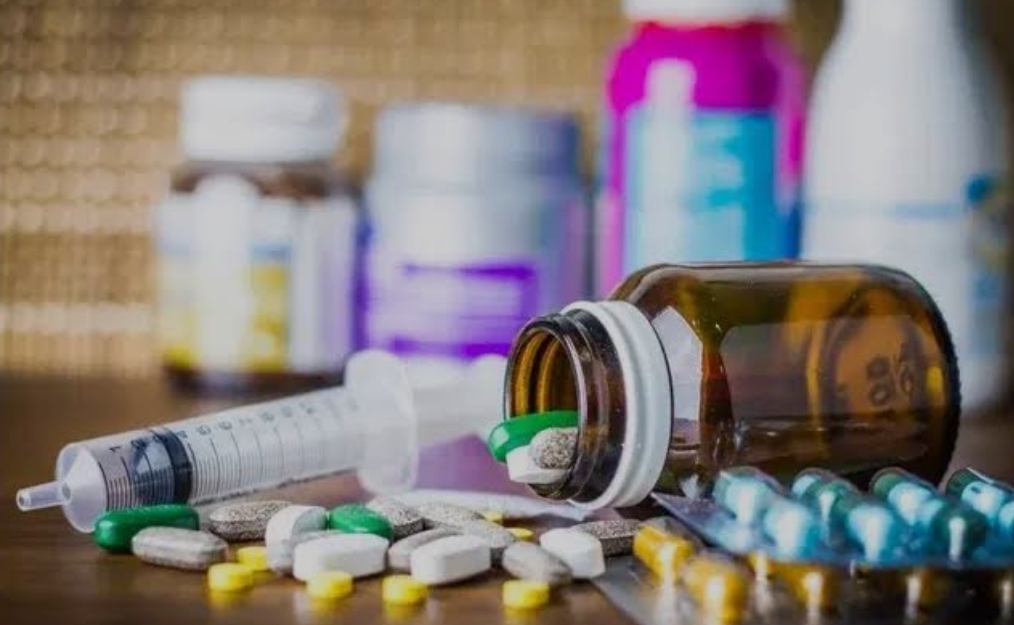
Drug addiction among Nigerian youth is a growing crisis that affects families, communities, and the nation as a whole. The prevalence of drug abuse has reached alarming levels, posing significant threats to public health, security, and economic development. But while it may seem like a distant issue, it is much closer to home than many of us realize.
Just a little over 48 hours ago, I received disturbing information about two very young boys in my neighbourhood whose lives have been horribly skewered by illicit drug use. This number makes it five people of that demographic that I know personally that are now ravaged by this terrible lifestyle.
Before I became aware of these last two; I have been one of those who probably shrugged off matters concerning drug abuse as a distant problem. Today, with what I now know; I see things very differently and this article is meant to make you "shine your eyes" and see that it is closer to you than you probably think.
The Scope of the Problem:
Reports from the National Drug Law Enforcement Agency (NDLEA) reveal that drug abuse rates in Nigeria are among the highest in Africa. A 2021 national survey found that 14.4% of Nigerians aged 15-64 use psychoactive substances outside medical purposes, with the youth demographic being disproportionately affected. Commonly abused substances include: Cannabis, Codeine and other opioids, Methamphetamine ("Mkpurummiri"), Tramadol, Cocaine and heroin.
Why Youth Are Vulnerable:
Several factors contribute to the high rates of drug addiction among Nigerian youth. Primary amongst these are:
I. Peer Pressure: Many young people experiment with drugs due to social influences.
II. Unemployment: Joblessness often leads to frustration, making youths vulnerable to substance abuse as an escape.
III. Mental Health Issues: Stress, anxiety, and depression are often self-medicated with drugs.
IV. Weak Law Enforcement: Poor regulation of pharmaceutical drugs and the availability of illicit substances fuel the problem.
V. Pop Culture Influence: Music, movies, and social media often glamorize drug use, normalizing it among youth.
The Impact of Drug Addiction:
The consequences of youth drug addiction are profound and far-reaching:
Health Problems: Chronic drug use leads to mental health issues, liver damage, and even death.
Crime and Insecurity: Many addicts turn to theft, violence, or other crimes to fund their habits.
Family Breakdown: Drug addiction strains family relationships, often leading to neglect and abuse.
Loss of Potential: Drug addiction robs young people of opportunities for education, careers, and societal contributions.
A Closer Look: It’s Happening Around You:
While it’s easy to dismiss drug addiction as a problem affecting “others,” many of us are unknowingly surrounded by it. From the young person on the street struggling to make ends meet to the seemingly privileged student abusing prescription drugs, addiction cuts across social classes.
What Can Be Done?
Awareness Campaigns: Public education is critical to dispel myths about drugs and highlight their dangers.
Rehabilitation Centers: Increased access to affordable and effective treatment facilities can help those battling addiction.
Stronger Laws and Enforcement: Regulating the distribution of pharmaceutical drugs and curbing the inflow of illegal substances are crucial steps.
Youth Empowerment: Creating job opportunities and vocational training programs can provide alternatives to substance abuse.
Parental and Community Involvement: Families and communities must actively support and guide young people, fostering environments where they feel valued.
Conclusion:
Drug addiction among Nigerian youth is not just a societal issue—it’s a personal one. It affects families, friendships, and futures. Tackling this crisis requires collective effort, from the government and NGOs to communities and individuals. Only by addressing its root causes and offering meaningful solutions can we hope to turn the tide and secure a brighter future for Nigeria’s youth.It’s closer to home than you think—what will you do about it?